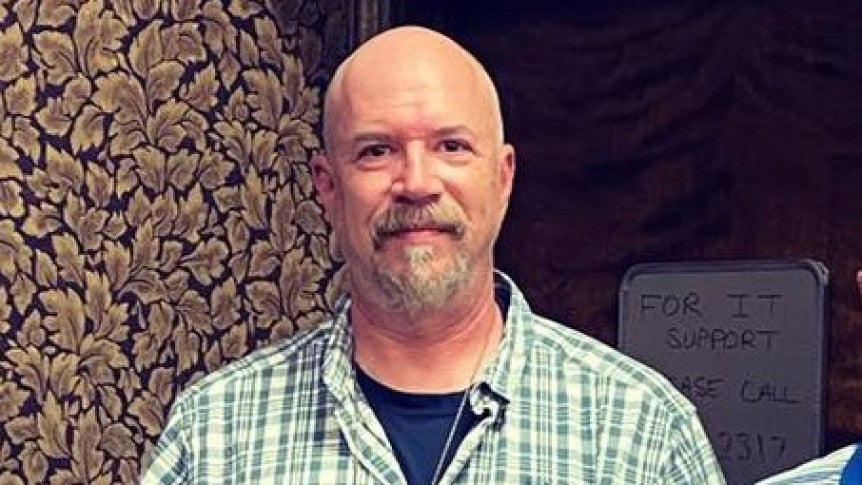Mystery as FBI task force officer ambushed and shot dead in daylight attack
Suspected gunman shot and recovering in hospital under fedearl custody

The Federal Bureau of Investigation has arrested the suspected gunman who ambushed and killed one of their agents, but they’re no closer to identifying a motive for the deadly attack outside a federal government building.
Greg Ferency was shot and killed by a man waiting outside the FBI’s office in the western Indiana town of Terre Haute, near the state’s western border with Illinois.
A 30-year detective with Terre Haute Police Department, Mr Ferency was assigned to the federal FBI task force since 2010.
Paul Keenan, the special agent in charge of the FBI’s Indianapolis office, said the shooting was considered an ambush as the suspect arrived before Mr Ferency walked out of the FBI Indianapolis Resident Agency on Wednesday.
Mr Keenan told reporters at a Thursday press conference that an FBI agent inside the building heard the gunshots and fired at and shot the suspect, who drove himself to Terre Haute Regional Hospital.
It was unclear whether the suspect fired on the second FBI agent before leaving the scene. He underwent surgery for his injuries and was placed in federal custody while recovering in hospital, though has been unable to give a statement due to his injuries.
“We’re still looking at motive and we’re leaving all avenues open at this time,” Mr Keenan said, according to the Associated Press.
He said federal charges were "imminent" and that suspect’s identity would not be released until then.
The shooting is being probed by the FBI’s Inspection Division, and Mr Keenan said a search warrant had been executed at the suspect’s home, according to WRTV Indianapolis.
Indiana State Police Superintendent Doug Carter said Mr Ferency "was a good man" and that it was not a good time to be a police officer in America, WRTV reported.
"We lost a true public servant today and I don’t say that as a cliche statement," Mr Carter said. "We owe Greg a debt of gratitude that will likely never be able to be repaid."
